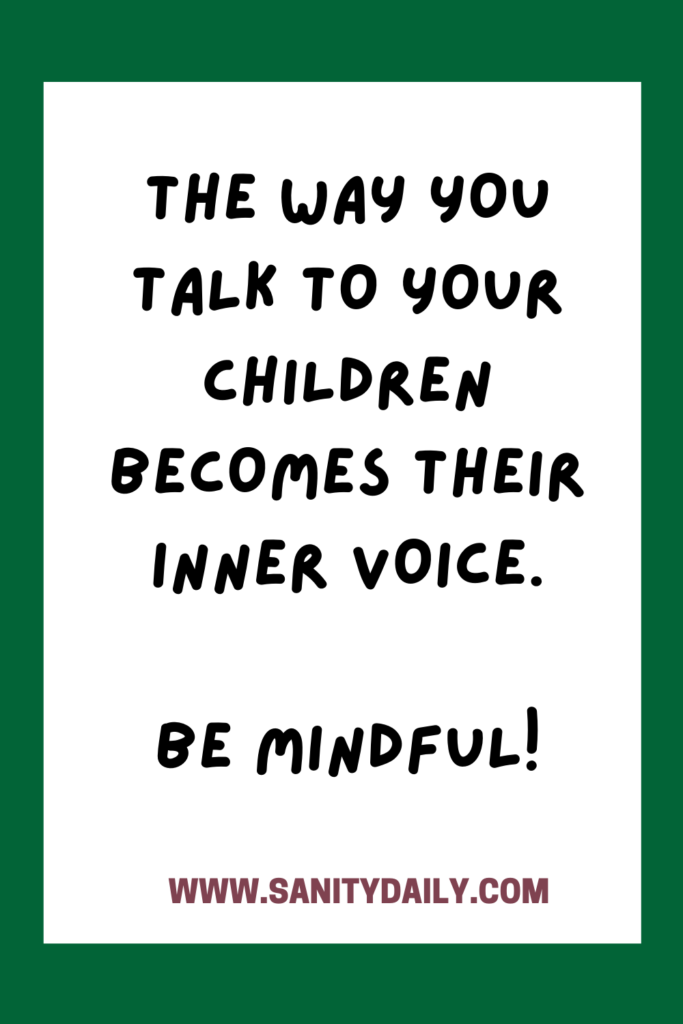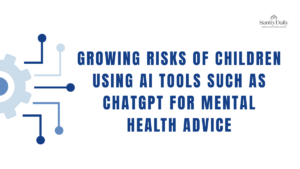Wondering about the effects of parental stress on child development? Life is always dotted with big and small stressful situations. After all, all of us live in a fast-paced society that profits off of individuals facing problems. The main four stressors that each of us faces are money, family, health, and work. While not all of those triggers are in our homes, it’s inevitable that after a long day at work, we’re going to carry our stress and bad mood into our space.
If you think your children are too young to understand what’s going on, you’re right. They can’t grasp what getting fired means, but they can sense a significant shift in your mood as well as the whole home atmosphere.
Let’s explore what adverse effects stress can have on children and how to destress in a way that would be beneficial for you and your child.
Effects of Parental Stress on Child Development at the Earliest Stages of Life
Even though pregnancy can be stressful, it is recommended to avoid distress as much as possible. Studies have shown that stress during pregnancy has a significant impact on child development. Stressful mothers are more likely to give birth to children with ADHD issues and autism.
Moreover, if the parents are stressed during the early years of their child’s life, it affects their kid’s genes. According to a study done in 2011, such situations can affect insulin production needed for brain development. This underdevelopment footprint carries over into the child’s adolescence. It seems that parents’ stress does get under the childers’ skin quite literally.

How to Save Your Kid From Being Stressed
Children mirror everything that their parents do; that’s no secret. So there’s no surprise that the stress and irritation a parent feels is quickly passed on to their child. Of course, if the home situation is the primary stressor, the child will get stressed no matter what.
As the effects of parental stress on child development, it is seen stress in children can reveal itself as physical symptoms such as body aches or wetting the bed. You can also notice mood swings and unexplainable intense irritation.
What do most parents do in such situations? They, consciously or not, become a true helicopter parent, trying to appease every little need. That is not quite what your child needs in a stressful situation, and we can turn to evolution for a better explanation.
In an instinct context, stress is the primary signal that the current situation is unsafe and a predator is near. If there’s no real danger, everyone calms down and gets back to their normal activities.
So, the key to success in stressful situations is creating a calm home environment. Children can only thrive in peaceful and safe spaces. They can’t always understand if the environment is safe, so they turn to their parents for explanation and behavioral cues. If a parent is stressed or uneasy, it signals to the child that danger is near.
While we don’t have actual predators roaming around our houses, a high stress level shows otherwise and causes the child to panic.
The Secret to Creating a Stress-Free Environment
Minmizing the effects of parental stress on child development and creating a stress-free environment when you’re stressed sounds like an impossible task. After a long hard day, all you want to do is sit down at the TV and relax, right? I hate to break it to you, but it’s not healthy for you or your child.
The easiest way of dealing with stress has to be that mindless slipping into bad habits. Whether it be junk food, TV, or any other unhealthy addiction – none of them help you unwind. They only help you avoid your problems that will pop back up with force later.
A change in attitude and reaction to stress needs to be changed here. If you cope with stress by mindless avoidance, your child’s automatic response to stressful situations will be the same.
Instead, let’s look at alternative ways of keeping a calm environment at home.
5 Mindful Ways to Minimize the Effects of Parental Stress on Child Development
How to minimize the effects of parental stress on child development? Here are a few ways to begin. Changing habits can be a bit stressful in itself but so worth it in the long run. Let’s see what healthy practices you could implement in your household:
- Reach out for support: whether it be your partner, co-parent, friend, or a mental health professional, talking it out is essential. You don’t want to bottle everything up just for your frustration to pour out in front of your kid.
- Connect with other parents: trust me, there’s not a single person who hasn’t been through stressful times, and parents are no exception. Of course, you’re feeling frustrated – you have your struggles to juggle and look after a tiny person too! People who don’t have children might not understand what you’re going through entirely, so you should talk to other peers. Trust me; we’re all in the same boat.
- Seek opportunities to have fun: it’s a great idea to exchange your usual ways of relaxation for something that doesn’t involve sitting down and wallowing in your situation even more. Do you and your kid have a shared hobby? Maybe you’re both big into soccer, or maybe your child loves building forts. They can’t wait to make one with you!
- Exercise: does this piece of advice surprise, anyone? Of course not. Training is being shoved down everybody’s throats because it’s that effective. It gets you focusing on something other than your stressor and stimulates your body to make more endorphins, the so-called happy chemicals. If you’d like to add meditation to the mix, yoga is an excellent choice for you and your child. Yoga for kids does wonders when it comes to developing mindfulness at an early age.
- Relaxing habits: remember those bad habits we discussed earlier? If you’re still drawn to plopping down on a couch after a long day, try exchanging TV for an exciting book. Have a go at journaling – you’ll notice that pouring out all your stress on paper makes you lighter.
To conclude, I would say that everyone’s stressed about something every single day. However, each of us is responsible for learning how to unwind and not worry our families out, especially the little ones. In order to lessen down the effects of parental stress on child development, when you change the way you deal with stress, you’ll start seeing results not only in your wellbeing but those around you too.









5 Responses
Thanks priyanka for sharing this wonderful article about Parental Stress on Child Development and also for sharing key points about how we can create stress less environment and 5 Mindful Ways to Minimize the Effects of Parental Stress on Child Development
Thanks for reading 😊🌼
I am glad you liked it. Thank you.
Thanks for sharing this amazing article about Parental Stress on Child Development.
Thanks for reading!